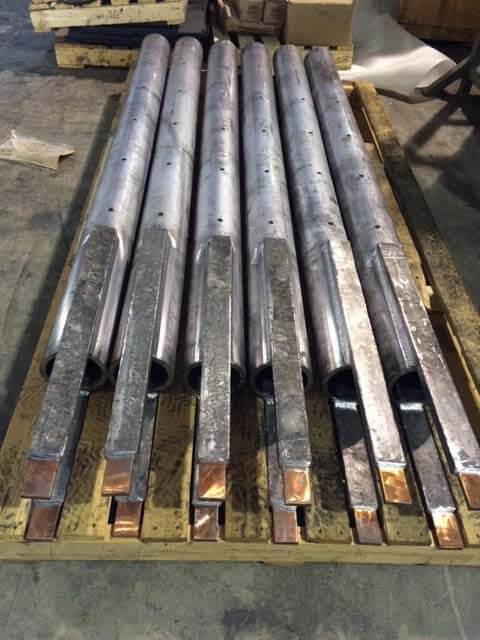Office
NO 455/2, Mosque Street, 1st Cross, Peenya 1st Stage
BANGALORE , Karnataka
India (560058)

A lead anode is an electrode made of lead that serves as the positive terminal in certain electrochemical processes. Anodes are essential components in various electrochemical cells and systems, including batteries, electroplating, electrolysis, and other industrial applications. Lead anodes are typically made of pure lead or lead alloys that exhibit suitable properties for the intended application. The specific composition may vary depending on the desired characteristics, such as corrosion resistance, conductivity, and durability. Lead anodes are known for their excellent corrosion resistance, making them suitable for use in environments where the anode comes into contact with corrosive substances or electrolytes. The corrosion resistance of lead helps maintain the anode's structural integrity and prolong its lifespan. In various electrochemical processes, such as electrolysis or electroplating, the lead anode undergoes specific electrochemical reactions. For example, during electrolysis, the lead anode can release positive ions or participate in oxidation reactions to facilitate the desired chemical transformations.